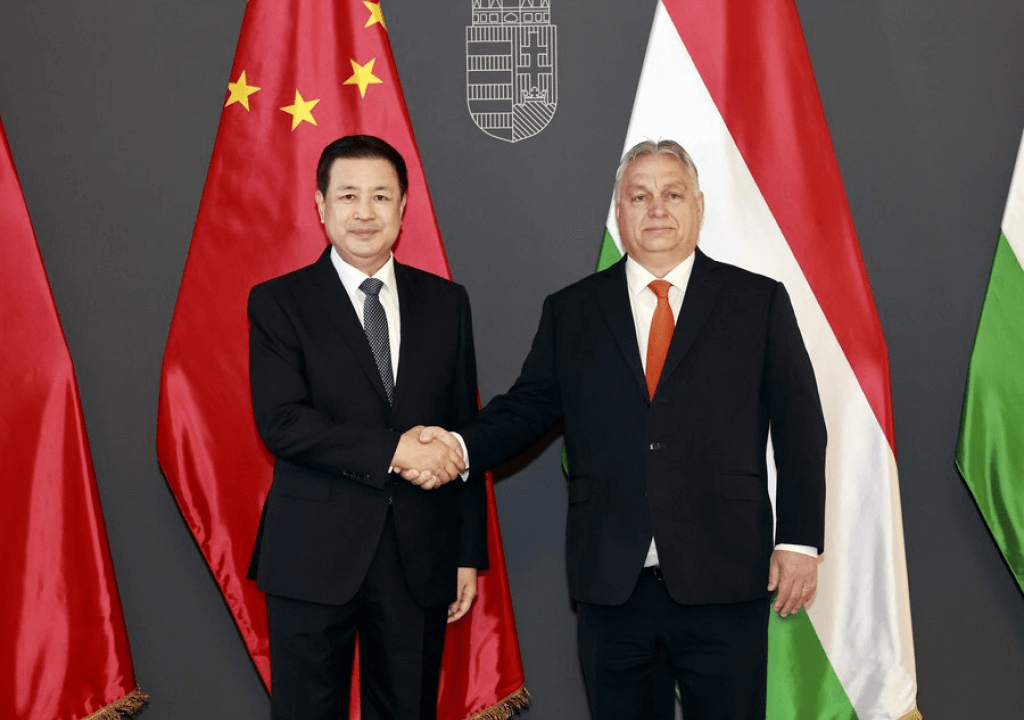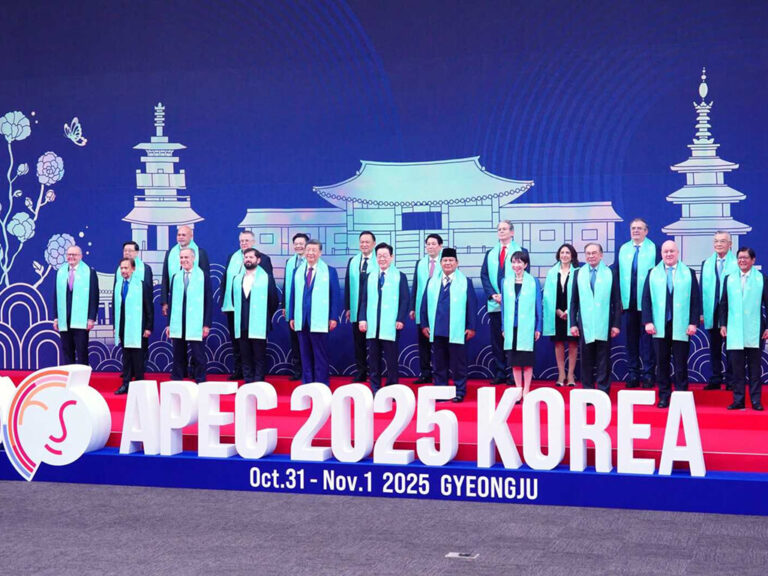In a strategic maneuver, Beijing has made a notable move by extending an offer to enhance security cooperation with Budapest, a development unfolding against the backdrop of Hungary’s strained relationship with its EU and NATO allies. The burgeoning warmth in ties between Budapest and Beijing is becoming increasingly apparent.
Hungary is portrayed by the Western media as a possible Trojan horse . The outspoken populist prime minister Viktor Orbán publicly declares his undying devotion to NATO and the European Union, but he also regularly questions important choices made by these institutions. Meanwhile, China, displaying its position as the second-biggest economy in the world and serving as a check on the US, is well-liked by Orbán and the Hungarian government.
The emerging Eastern axis, steered by China, actively seeks alliances in Europe. Europe grapples with the intricate challenge of navigating political and economic dynamics and is looking more aligned with the United States. Notable participants of China’s ambitious projects like Italy contemplating withdrawal from the Belt and Road Initiative (BRI). The combined pressure from the United States and European bodies creates an environment where additional participants may also contemplate withdrawal. In this time Hungary, becoming different, Viktor Orbán emerges as a formidable leader, adept at challenging the very institutions that China aims to influence.
Prime Minister Viktor Orbán entered into discussions with China’s Minister of Public Security, Wang Xiaohong, last Friday. In statements published by China’s official Xinhua news agency over the weekend, Wang expressed the intention to “deepen cooperation in areas including counter-terrorism, combating transnational crimes, security, and law enforcement capacity building under the Belt and Road Initiative.” The Chinese minister envisions making “law enforcement and security cooperation a new highlight of bilateral relations.”
Hungary’s acceptance of China’s offer is a notable anomaly, considering its membership in the EU and NATO. This deviation from the norm is accentuated by Budapest’s distinctive position of maintaining closer ties to Moscow than any other EU member, while concurrently fostering a relationship with Beijing. Noteworthy is Prime Minister Orbán’s distinction last year as the sole EU leader attending a forum of the Belt and Road Initiative in Beijing. Adding substance to this diplomatic shift, China’s electric vehicle manufacturer BYD has revealed plans to establish its inaugural European production factory in Hungary.
Following the meeting with Wang Xiaohong on Friday, Orbán’s spokesperson emphasized the Prime Minister’s declaration that “respect is increasingly missing from international diplomacy, but it has always remained between Hungary and China.” The discussions centered on crucial aspects of security and stability. This unfolding narrative of heightened cooperation between Budapest and Beijing in the realm of security occurs against the backdrop of Hungary’s strained relations with its EU and NATO partners. As Hungary’s standing in Western states continues to deteriorate, recent actions, such as reneging on a commitment not to be the last to ratify Sweden’s NATO application, contribute to a further erosion of trust.
Budapest’s evident isolation was underscored during the Munich Security Conference over the weekend, where notable Hungarian officials were conspicuously absent. Despite this, in a speech delivered in Hungary on Saturday, Prime Minister Orbán hinted at a change, announcing, “we are on course to ratify Sweden’s accession to NATO at the beginning of parliament’s spring session.” The ongoing tension was palpable as Hungarian officials declined meetings with visitors from Washington, a move that drew criticism from the US ambassador in Budapest, David Pressman, who expressed regret over the lack of engagement with the most senior US bipartisan congressional delegation to visit Hungary in years.
Orban’s second term in office; in 2017, the two countries formally recognized their collaboration as an all-encompassing strategic alliance. Following the public outcry and protests in 2021 over Fudan University’s plans to open a campus in Budapest, the Hungarian government decided to put the project on hold and hold a vote on the issue. But the planned referendum was ruled unconstitutional by the Constitutional Court on May 22, 2022, citing its global ramifications. Officials in Hungary promised that the project will be revived once the ruling Fidesz party won the 2022 parliamentary elections.
Hungary has used its veto power in 2020 and 2021 to intentionally obstruct the European Union’s attempts to formally renounce China’s activities in Hong Kong. On February 20, 2023, Wang Yi, a well-known diplomat and member of the Chinese Communist Party’s Politburo, visited Budapest to meet with Prime Minister Orbán, underscoring the importance of the diplomatic ties between Hungary and China. Péter Szijjártó, the foreign minister of Hungary, emphasized during the conference how important it is for the two countries to work together when navigating crises, saying, “When we have faced crises in recent years, Hungary has always come out of them stronger than it went into them.” On February 27, 2023, Orbán approved Wang Yi’s peace proposal, which sought to stop Russia from invading Ukraine.
Hungary has consistently diverged from EU positions critical of China, particularly on human rights issues, and has welcomed Chinese investments despite the EU’s call for member states to align their relations with China according to the bloc’s stance. Notably, Hungary hosts Huawei Technologies’ largest logistics and manufacturing base outside China, a move that has raised concerns as the European Commission warns of potential security risks posed by the telecom giant.
Since 2016, Huawei has collaborated with Shanghai-based artificial intelligence firm Yitu Technology to develop solutions for smart cities, focusing on enhancing public safety and policing through the use of AI and surveillance. This intricate web of diplomatic and economic ties underscores Hungary’s complex position within the geopolitical landscape.
If Orban continues to hold power in Hungary, it is likely that more issues will arise, potentially deepening existing problems with Europe. As a result, Hungary may find itself increasingly isolated in the region, lacking the support of both Europe and the US. However, aligning with China could open up new possibilities for Hungary. Simultaneously, for China, this alignment serves as a counter to Europe’s realignment with Vietnam and India. By establishing ties with Hungary, China aims to strengthen its foothold in Eastern Europe and capitalize on economic opportunities.








